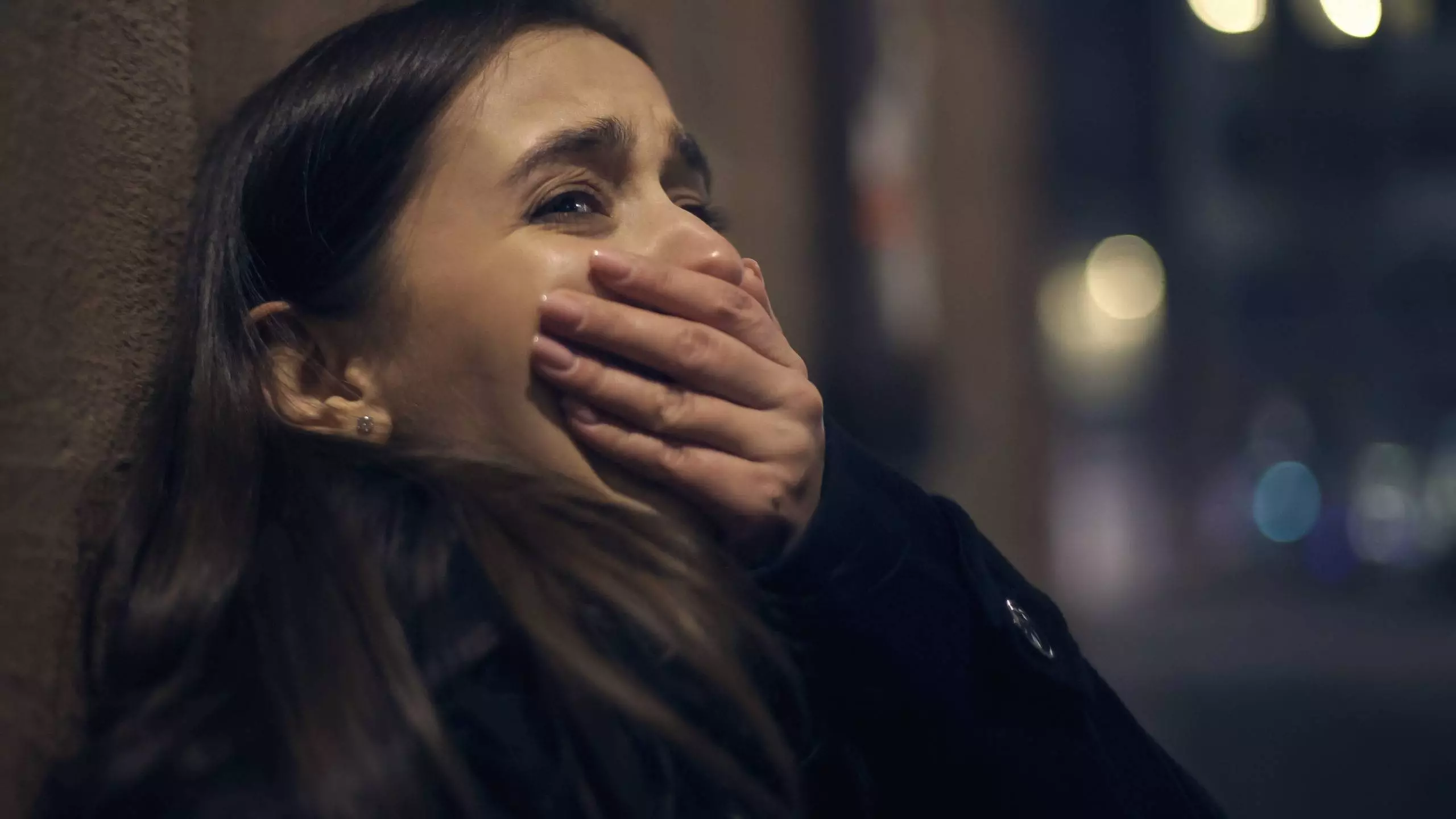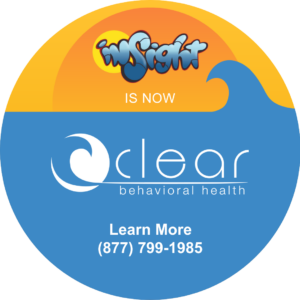During one’s childhood years, an exceptional amount of development occurs. From physical and psychological development to emotional and spiritual development, children are constantly experiencing growth. Many children benefit from being able to go through this growth with people around them who are supportive and nurturing. They might also benefit from living in a peaceful community, going to good schools, and wanting for nothing. But, there are also many other children who may or may not share in these same experiences and who also become victims of one or more traumatic events. If the effects of the traumatic events are not handled in childhood, it can lead to repressed childhood trauma in adults.
What is Repressed Childhood Trauma?
There are several types of trauma that can occur in a child’s life, however the ten most common childhood traumatic events (or adverse childhood events) include the following:
- Physical abuse
- Sexual abuse
- Verbal abuse
- Emotional neglect
- Physical neglect
- Victim/witness of domestic abuse
- Having a family member with a mental illness
- Having a family member in jail or prison
- Losing a parent through death, abandonment, or disappearance
- Having a parent with a substance use disorder such as alcoholism or drug addiction
The brain goes through several developmental stages throughout one’s childhood. When one of these traumatic events occurs, it impacts that development in ways that create challenges in the future. One of the most common occurrences in adults who experience trauma is suddenly remembering a traumatic event that they had never known about before. That is because when a traumatic event occurs during childhood, the brain works to prevent the trauma from affecting the child. The trauma affects the way in which the brain stores and recalls certain memories, including the memory of the traumatic event. This is one way that childhood trauma becomes repressed. It is also known as dissociative amnesia.
Conversely, some people are fully aware of their traumatic experiences, but have gone through a period of their lives where they did not do enough for or completely ignored their need to address the trauma they have faced. By the time adulthood hits, some adults start to develop symptoms that signify that they are dealing with repressed childhood trauma in their adult years.
Signs of Repressed Childhood Trauma in Adults
Moving into adulthood can be a huge transformation in itself. When the clock strikes midnight on an individual’s 18th birthday, they do not suddenly become an adult in much else other than their physical age. It takes time to build out one’s adulthood and become accustomed to it. During that time, whether it happens in their early 20’s or in their late 60’s, individuals who have repressed childhood trauma can begin noticing some troubling signs.
Fear of abandonment
Any level of fear regarding abandonment can be a signal that someone is experiencing repressed childhood trauma. Some individuals may constantly strive to people-please, even if it means sacrificing their own needs. This is often done in an effort to ensure that the people they are attempting to please do not ever leave them. While some individuals might feel this fear over something seemingly minimal such as a partner going to work for the day, other individuals might fear being abandoned if they do not continue a certain lifestyle.
Being easily triggered
One of the most common signs of repressed childhood trauma in adults is being easily triggered. Adults who are dealing with this type of trauma may find themselves having strong reactions to certain people, places, smells, things, etc. that they have difficulty understanding. And while some adults may be in the know about why they are being triggered, they may not do much about it to help address this problem.
Problems behaving like an adult
Repressed childhood trauma in adults can lead to individuals’ inability to actually function like an adult in some circumstances. For instance, an individual might have difficulty controlling their anger or accepting when someone tells them “no”. This immaturity isn’t a result of simply being ignorant, but instead a response to repressed childhood trauma that has yet to be fully resolved.
Fight-or-flight response
The fight-or-flight response is an extremely intense response that people experience when they are faced with something distressing to them. Most people will develop the fight-or-flight response when put in a highly dangerous situation such as being attacked by another individual or being witness to a shooting. Individuals with repressed childhood trauma are more likely to develop the fight-or-flight response when they are feeling threatened over something that most others would not be threatened by. An example of this would be boarding an airplane when dealing with a fear of flying. The individual might run away from the gate or even board the plane, yet fight their way to get off when feeling trapped.
While dealing with repressed childhood trauma can be extremely difficult, the good news is that there is help available for those who are ready to ask for it.
Trauma Treatment in Los Angeles
If you are struggling with repressed childhood trauma, reach out to Clear Behavioral Health. Our expert team of clinicians specializes in helping individuals overcome trauma. From residential mental health treatment to outpatient mental health programs, and virtual IOP options, we offer multiple levels of care to best suit your unique treatment needs. Call us today learn more about your treatment options so that you can begin living a happier, healthier life that is free from the remnants of trauma.

